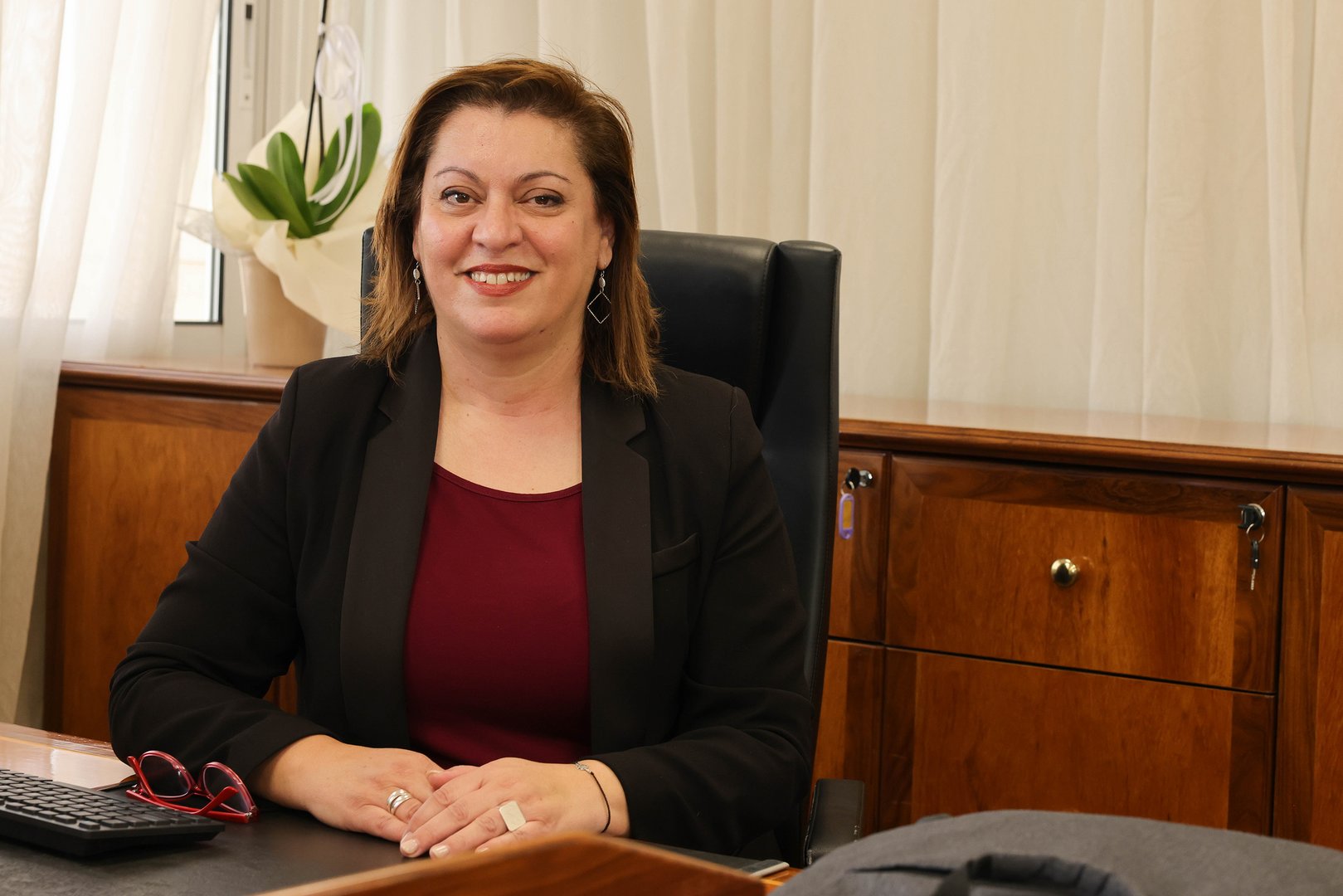Education Minister Athena Michaelidou has hailed the government’s proposal to gradually expand the provision of free pre-primary education to children aged four years old and up.
Speaking to the Cyprus News Agency (CNA), Michaelidou said the programme would expand the provision of free pre-primary education to a total of 22,500 children in public pre-schools, and a total of 12,500 children in community pre-schools.
At present, children aged four years and eight months old are accepted free of charge into pre-schools, and Michaelidou said the government’s current plan is for the minimum age to be reduced to four years and six months old from this September’s intake.
“We will take the minimum age requirement down by two months, and then every subsequent year we will slowly take it a month down,” she said.
Under the plan, children aged exactly four years old will be provided with free pre-primary education from 2031.
“We had lost valuable time because … there were issues with parliament, the legislation was deferred, among other things. Now, we are coming with an improved proposal, which envisages the gradual expansion [of free pre-primary education] slowly until 2031,” she said.
The total cost of the plan is around €12.5 million and will be funded by the European Commission until 2026 under the Recovery and Resilience plan. From then onwards, Michaelidou said, it will be paid for by domestic government funds.
She also explained that the Recovery and Resilience plan will also go towards funding other facets of Cypriot pre-primary education.
“We have also succeeded by way of the fact that we can use these funds for infrastructure. In other words, they will go towards the improvement and expansion of pre-school buildings, which will help us a lot,” she said.
In addition, she said the plan had been instigated based off evidence gathered from education systems on the continent.
“It seems from research [carried out] throughout Europe that having two years of compulsory and free pre-school education helps a lot when a child joins primary school, and later on middle school and high school,” she said.
She added, “there are also social benefits for families in facilitating institutions under the state to take in their children for free from the age of four.”
She also spoke about the reasons behind the gradual implementation of the plan, with its full rollout not expected to conclude until 2031.
“One of the differences from the previous plan is that we are not going to enrol all the children in two years and face problems in terms of places for children.”
“We can absorb an extra two months of children in the next school year, with simultaneous improvements to our infrastructure, additional rooms in pre-schools, improvements to their premises, and slowly lowering the minimum age over eight years, we will manage to reach the target we set,” she said.
She added that she expects parliament to pass the legislation, saying the government “sees no reason why it should not pass through parliament.”
“We are optimistic, and we are at the disposal of all partners [in parliament] for consultation before the vote,” she said.







Click here to change your cookie preferences